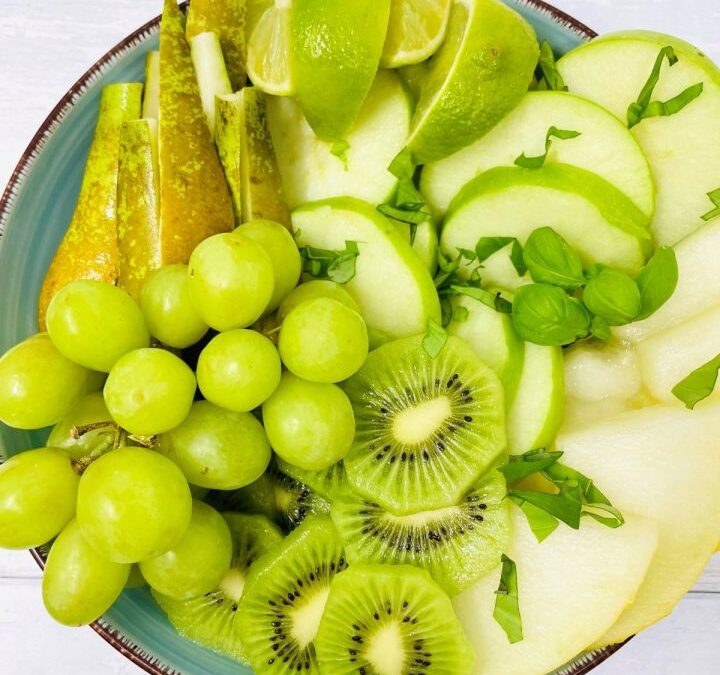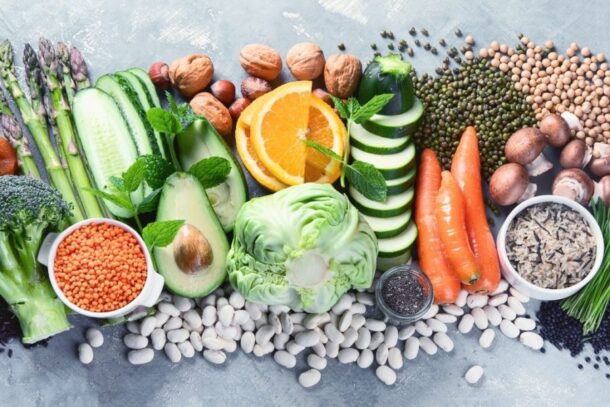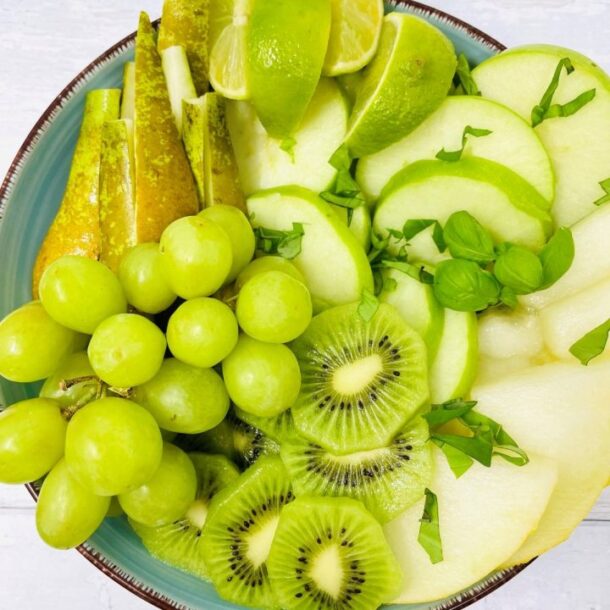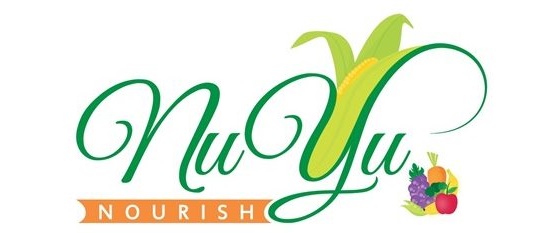For years, menopause has been treated as a medical condition rather than a natural phase of life. Instead of supporting women through this transition holistically, many are prescribed medications, synthetic hormones and even antidepressants—often without being told about the risks or the natural alternatives available.
The Controversy: Is Menopause Over-Medicalized?
- HRT (Hormone Replacement Therapy) has been linked to increased risks of breast cancer, blood clots and stroke.
- Antidepressants are often given for mood swings—even if a woman isn’t clinically depressed.
- Sleeping pills and painkillers are commonly handed out rather than addressing the root causes of menopause symptoms.
While these treatments may provide temporary relief, they fail to address the bigger picture—how diet and lifestyle can naturally ease symptoms and promote long-term health.
The Plant-Based Solution
Instead of suppressing symptoms with drugs, what if we nourished the body with the right foods to balance hormones and support overall well-being? Science backs it up:
- Phytoestrogen-rich foods like tofu, flaxseeds and chickpeas help regulate estrogen levels naturally.
- Turmeric fights inflammation and supports joint health—no need for pain meds.
- Magnesium-rich foods like leafy greens and nuts improve sleep, reducing the need for sleep aids.
- Antioxidants in plant foods support heart health, combating the increased cardiovascular risks of menopause.
Monday’s Menopause Tip:
Before turning to pharmaceuticals, ask yourself: Is there a natural, plant-based way to support my body first? Menopause doesn’t have to be a struggle—it can be a time of renewal and transformation.
By choosing whole, plant-based foods, you’re giving your body the tools it needs to thrive during menopause—without the risks of synthetic drugs.
Let’s change the narrative. Your body isn’t broken—it’s evolving. And plants can help you every step of the way.

I started out several years ago watching Forks Over Knives, decided to “try out” the plant-based meal plan and had shockingly incredible results. I’ve never turned back. I have lost nearly 50 pounds, and that is just one side effect that me, my family, friends and clients have experienced after making the change.
Having been an incredible cook my entire adult life, I started my own personal chef service, NuYu Nourish, to extend my help to others. I interned under a celebrity chef, became a celebrity chef myself and have been expanding my reach and goals ever since! My plan follows strictly and simply those of Dr. Mcdougall, Dr. T. Colin Campbell and Dr. Esselstyn.




